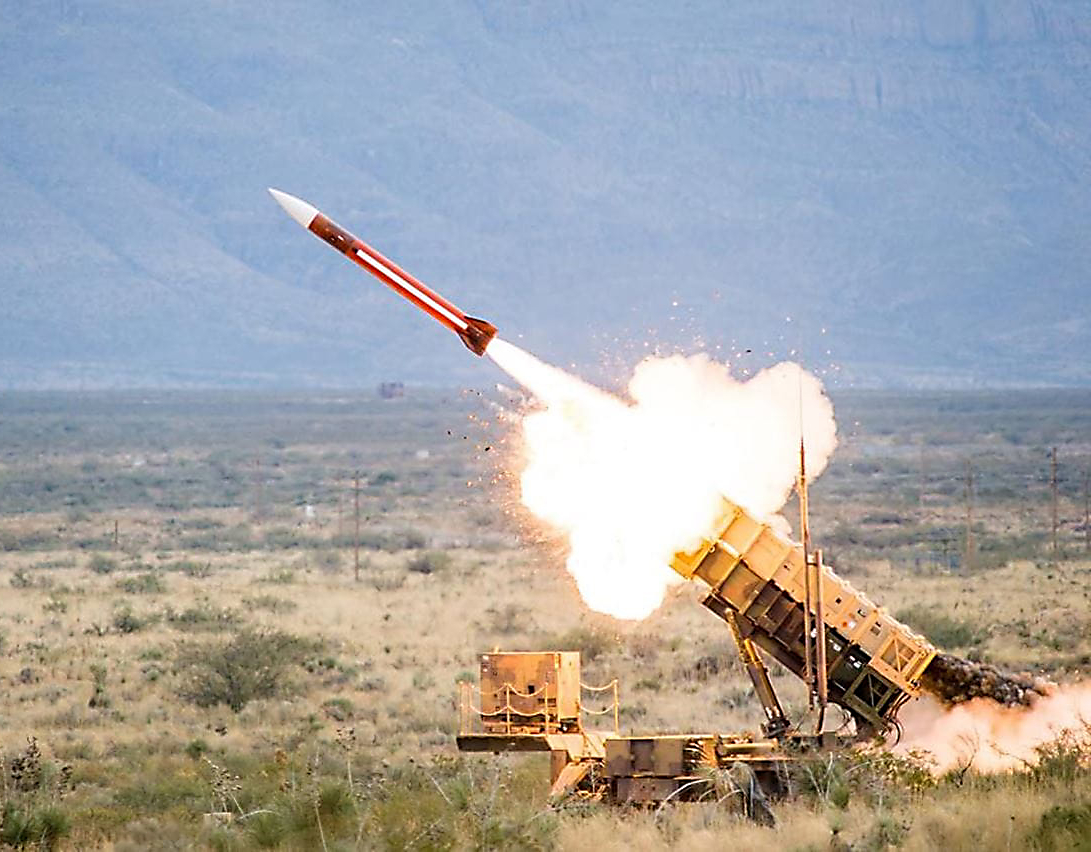
There is a certain allure to the idea of billion-dollar contracts, especially when they come from the U.S. military. Yet, in our rush to marvel at such figures, we often overlook the deeper realities behind them. Last month, Palantir Technologies (PLTR) secured a $10 billion deal with the U.S. Army-a consolidation of smaller contracts that promises the company about $1 billion annually for a decade. The stock surged as investors celebrated this windfall. But beneath the surface lies a more significant story, one that reveals the priorities of modern warfare and the entrenched power of defense giants.
Palantir’s success is undeniable, but it pales in comparison to another contract awarded on the same day, one that speaks volumes about where real power resides in the defense industry. This was not just an ordinary award; it was a staggering $50 billion commitment to RTX, formerly known as Raytheon, for the support of Patriot air defense systems over the next 20 years. Such sums are not merely financial transactions-they are statements of intent, signaling which technologies and companies will shape the future of global security.
A Legacy Preserved
The Pentagon’s decision to entrust RTX with this colossal responsibility deserves scrutiny. On paper, the contract appears straightforward: it covers “systems and end-item production, spare parts, services, and other types of support.” Yet, what does this mean in practice? A closer examination reveals that the award pertains specifically to Patriot missiles, a cornerstone of U.S. missile defense strategy. For two decades, RTX will supply these systems, ensuring their continued relevance-and profitability.
This raises uncomfortable questions. Why, in an era of technological disruption, does the military continue to rely so heavily on established players like RTX? Is innovation truly being prioritized, or are we witnessing the perpetuation of a status quo that favors incumbents? These concerns are not abstract; they have profound implications for taxpayers, shareholders, and the broader public alike.
Weighing the Numbers
To grasp the significance of this contract, one must look beyond its headline figure. RTX operates across multiple divisions, each contributing to its $80.7 billion in annual revenue. The defense segment, now branded simply as Raytheon, accounts for roughly $26.7 billion of this total. Thus, the $2.5 billion in annual Patriot-related revenue represents nearly 9.4% of Raytheon’s business-a substantial portion, though not transformative in isolation.
Profit margins tell a similar story. Among RTX’s divisions, Collins Aerospace stands out as the most lucrative, boasting a 14.5% operating margin. Raytheon lags behind, earning less than 10 cents per dollar in sales. Applying this margin to the Patriot contract suggests yearly profits of around $243 million-significant, yes, but hardly revolutionary for a company of RTX’s size and scope.
Is There Value Here?
For investors seeking growth, the question remains: does this contract justify optimism about RTX stock? At first glance, the answer seems uncertain. While $243 million in additional annual profit is nothing to dismiss, it constitutes only a small fraction of RTX’s overall earnings. Moreover, much of this revenue is likely replacing existing sales rather than representing entirely new opportunities.
Consider also the valuation. Currently trading at 33.5 times trailing earnings, RTX demands a premium that assumes robust growth. Analysts project an 8.7% long-term earnings growth rate-a modest figure given the price tag. Even a $50 billion contract cannot mask the fact that RTX’s trajectory may struggle to meet investor expectations. In light of this, the case for buying RTX shares grows increasingly tenuous.
In the final analysis, the true cost of such contracts extends beyond dollars and cents. They reflect choices made by those who wield immense influence over national priorities. As stewards of wealth, we must ask whether these investments align with our collective interests-or if they serve only to entrench privilege and inertia. For now, RTX stock remains a sell. Perhaps the lesson here is not about missiles or margins, but about vigilance in the face of power. 🛡️
Read More
- Gold Rate Forecast
- 2025 Crypto Wallets: Secure, Smart, and Surprisingly Simple!
- The 10 Most Beautiful Women in the World for 2026, According to the Golden Ratio
- HSR 3.7 story ending explained: What happened to the Chrysos Heirs?
- ETH PREDICTION. ETH cryptocurrency
- Top 15 Insanely Popular Android Games
- Games That Faced Bans in Countries Over Political Themes
- Uncovering Hidden Groups: A New Approach to Social Network Analysis
- ‘Zootopia 2’ Wins Over Critics with Strong Reviews and High Rotten Tomatoes Score
- Best Ways to Farm Prestige in Kingdom Come: Deliverance 2
2025-08-24 14:24